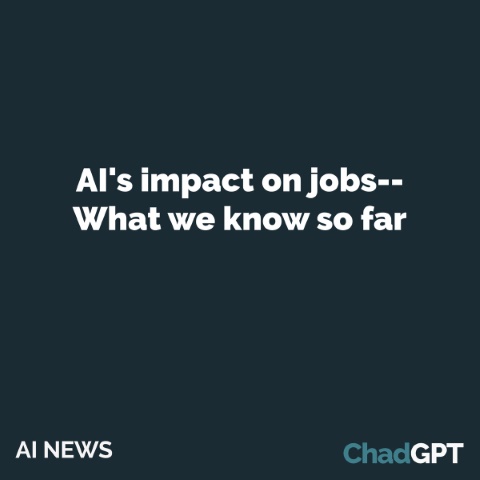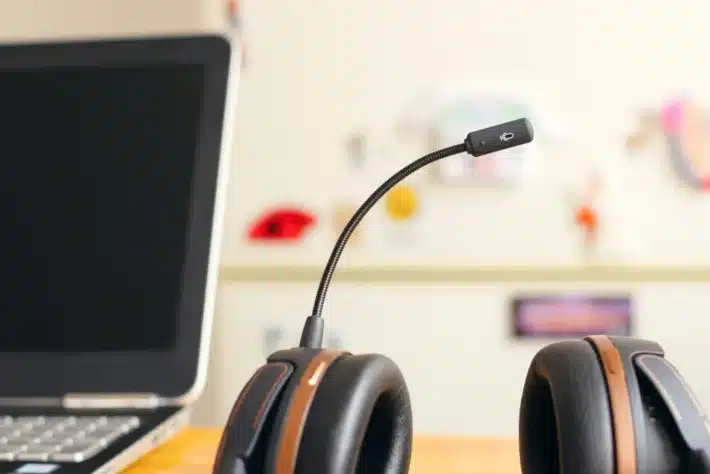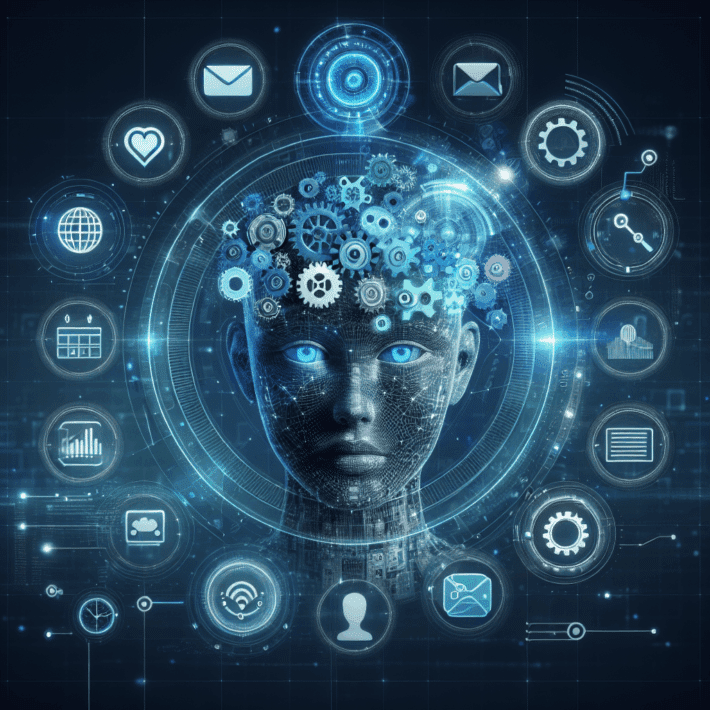AI’s impact on jobs– What we know so far

Alright, let’s dive into the AI jobs impact article. As someone who’s been following this space closely, I’ve gotta say – there’s a lot of hype and fear-mongering out there about AI destroying all our jobs. But the reality is a bit more nuanced.
Here’s the deal: AI is definitely going to change the job market, but it’s not the robot apocalypse some are predicting. A recent study by MIT and IBM found that while AI will impact most jobs, it’s more likely to change how we work rather than completely eliminate roles.
The key thing to understand is that AI is really good at automating specific tasks, not entire jobs. So for most of us, AI will become a tool that helps us work more efficiently rather than a replacement. It’s kind of like how spreadsheets didn’t eliminate accountants – they just changed how accountants work and made them more productive.
That said, some jobs are definitely more at risk than others. Roles that involve a lot of repetitive, predictable tasks are more likely to be automated. Think data entry, basic customer service, or simple analysis. On the flip side, jobs that require creativity, complex problem-solving, and emotional intelligence are much harder to automate.
Here’s where it gets interesting though – AI is also creating entirely new job categories. We’re seeing a growing demand for AI specialists, data scientists, and “AI trainers” who help fine-tune AI systems. And as AI gets integrated into more industries, we’ll need people who can bridge the gap between tech and traditional business roles.
The bottom line is this: AI isn’t going to suddenly make human workers obsolete. But it is going to reshape the job market in some pretty significant ways. The key for small business owners (and really, all of us) is to stay adaptable and focus on developing skills that complement AI rather than compete with it.
My advice? Don’t panic about the AI job apocalypse. Instead, start thinking about how you can use AI to make your business more efficient and free up time for the high-value work that machines can’t do. And maybe brush up on those uniquely human skills like creativity and emotional intelligence – turns out they’re more valuable than ever in the AI age.


